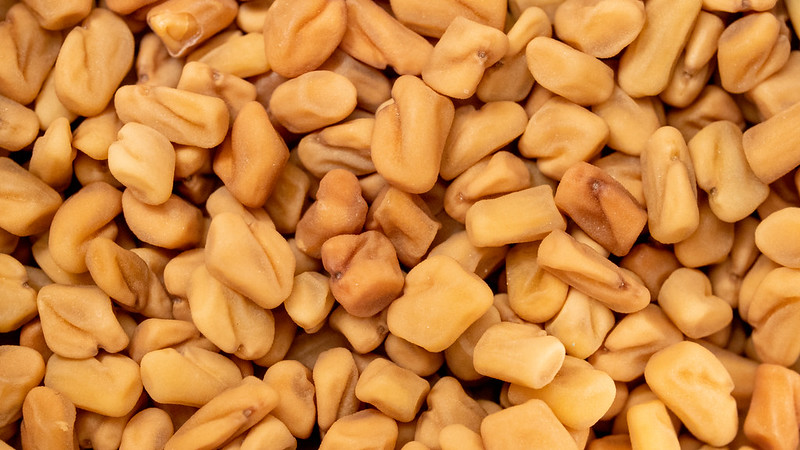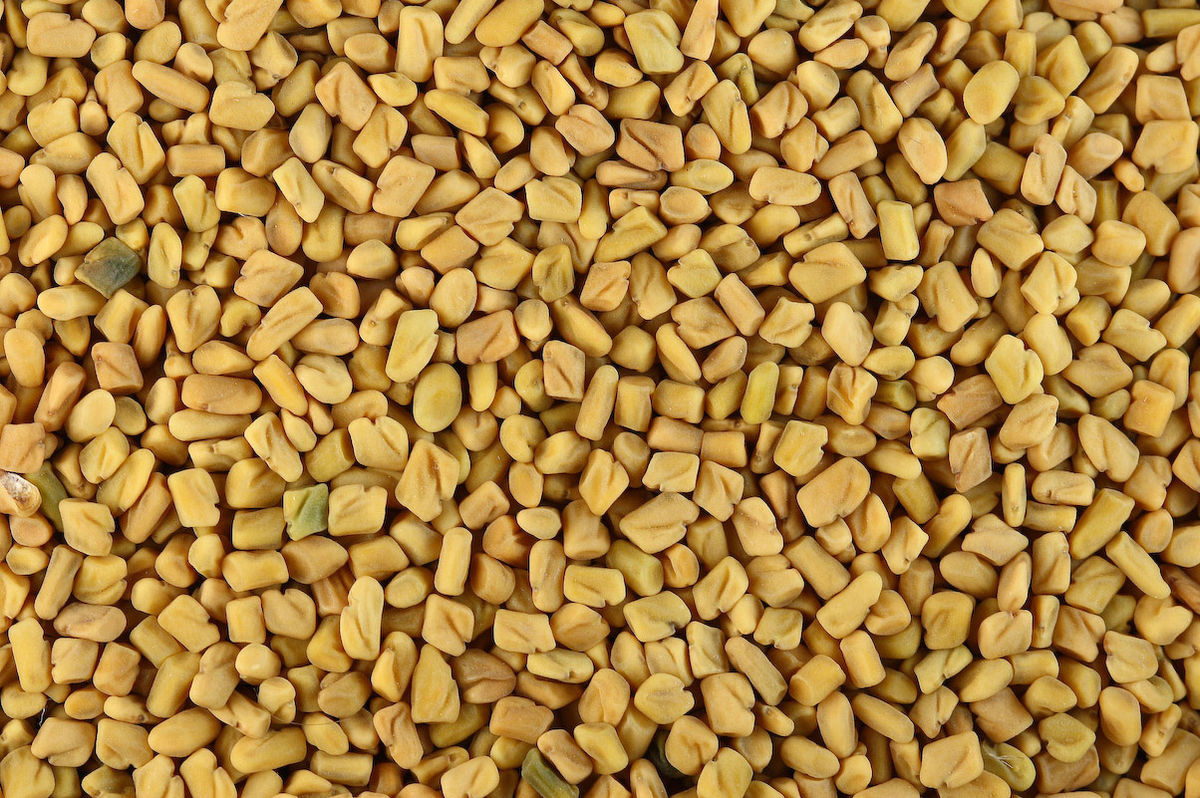
If you’re looking for a lighter and healthier alternative to traditional potato salad, cauliflower potato salad is the perfect dish to satisfy your cravings. This delightful combination brings together the classic flavors and textures of potato salad with the nutritious goodness of cauliflower. In this mouthwatering and detailed blog post, we’ll provide you with a range of irresistible ideas and tips to create your own cauliflower potato salad, allowing you to enjoy a refreshing and nutritious side dish that will impress your family and friends. Get ready to explore the versatility of cauliflower and elevate your potato salad game to a whole new level! 🥔🥗
🥔 The Benefits of Cauliflower Cauliflower is a versatile cruciferous vegetable that offers a wide array of health benefits. By incorporating cauliflower into your potato salad, you can enjoy the following advantages:
- Nutrient-Rich: Cauliflower is a nutrient powerhouse, packed with essential vitamins and minerals. It is an excellent source of vitamin C, which supports immune function, and vitamin K, which promotes bone health. Additionally, cauliflower provides folate, potassium, and dietary fiber, all of which contribute to overall wellness.
- Low in Calories and Carbs: If you’re watching your calorie or carbohydrate intake, cauliflower is a fantastic substitute for some or all of the potatoes in your salad. Cauliflower is significantly lower in calories and carbs than potatoes, making it an ideal choice for those following a low-calorie or low-carb diet.
- High in Fiber: Fiber is crucial for a healthy digestive system and helps promote feelings of fullness. Cauliflower contains both soluble and insoluble fiber, which aids in digestion and supports a healthy gut.
- Versatile and Mild Flavor: Cauliflower has a mild, slightly nutty flavor that pairs well with a wide range of ingredients and seasonings. It readily absorbs flavors and can be adapted to various culinary styles, allowing you to create a cauliflower potato salad that suits your taste preferences.
🥗 Ideas for Cauliflower Potato Salad
- Classic Flavor: For a classic cauliflower potato salad, combine cooked cauliflower florets with boiled and cubed potatoes. Add finely diced red onion, celery, and fresh herbs like parsley and dill for added freshness. Toss the salad with a creamy dressing made from a combination of Greek yogurt, mayonnaise, Dijon mustard, apple cider vinegar, and a touch of honey or maple syrup. Season with salt, pepper, and any desired herbs or spices.
- Mediterranean Twist: Give your cauliflower potato salad a Mediterranean flair by adding ingredients like chopped cucumber, cherry tomatoes, Kalamata olives, crumbled feta cheese, and thinly sliced red onion. Drizzle the salad with a tangy dressing made from extra-virgin olive oil, lemon juice, minced garlic, dried oregano, and a pinch of sea salt and black pepper. Garnish with fresh basil leaves for an extra burst of flavor.
- Asian-Inspired Fusion: Infuse your cauliflower potato salad with Asian flavors by incorporating ingredients like sliced scallions, shredded carrots, chopped cilantro, and toasted sesame seeds. Create a dressing with a combination of soy sauce, rice vinegar, sesame oil, minced ginger, minced garlic, and a touch of honey or agave syrup. This Asian twist will add a delightful umami taste to your salad.
- Spicy Kick: For those who enjoy a bit of heat, add a spicy kick to your cauliflower potato salad. Roast the cauliflower florets to enhance their flavor and texture, and combine them with boiled and cubed potatoes. Incorporate ingredients like diced jalapeños, red chili flakes, chopped fresh cilantro, and a squeeze of lime juice. Create a tangy and spicy dressing using a mixture of lime juice, extra-virgin olive oil, honey or agave syrup, a pinch of cayenne pepper, and a dash of chili sauce. This variation will add a fiery twist to your salad.
- Herbaceous Delight: For a vibrant and herbaceous cauliflower potato salad, add a variety of fresh herbs to elevate the flavors. Include ingredients like chopped fresh basil, mint, parsley, dill, and chives. These aromatic herbs will provide a burst of freshness and complexity to your salad, enhancing the overall taste experience.
🥔💡 With these creative ideas and flavor combinations, you can transform your potato salad into a nutritious and flavorful dish by incorporating cauliflower. Experiment with different ingredients, dressings, and seasonings to suit your preferences and dietary needs. The versatility of cauliflower allows you to enjoy a lighter and healthier version of the classic potato salad, while still savoring the familiar flavors and textures. It’s time to elevate your culinary repertoire with a cauliflower potato salad that will leave everyone asking for seconds!












